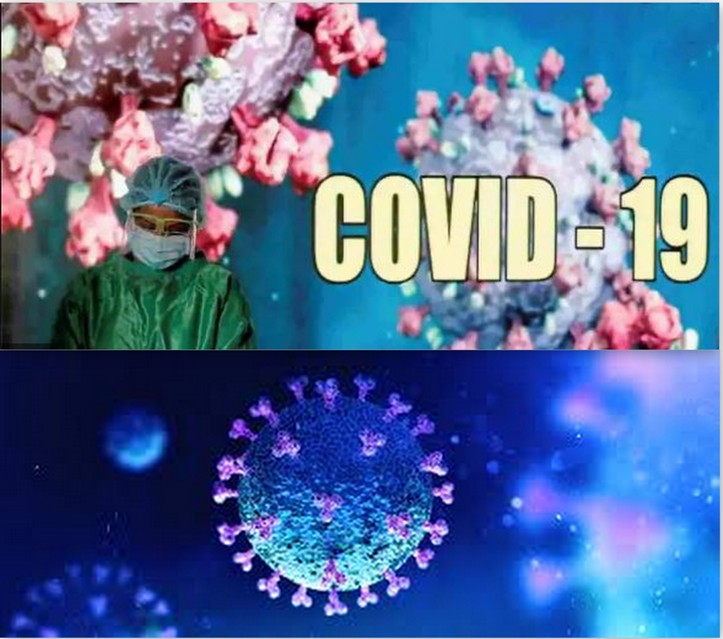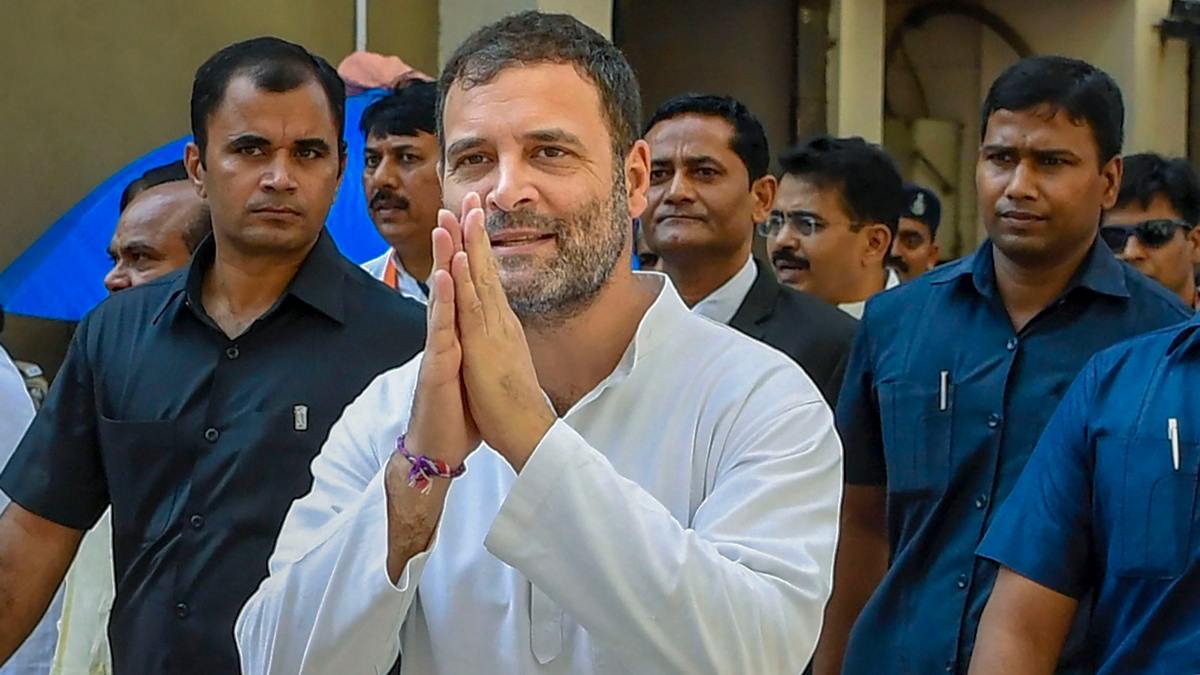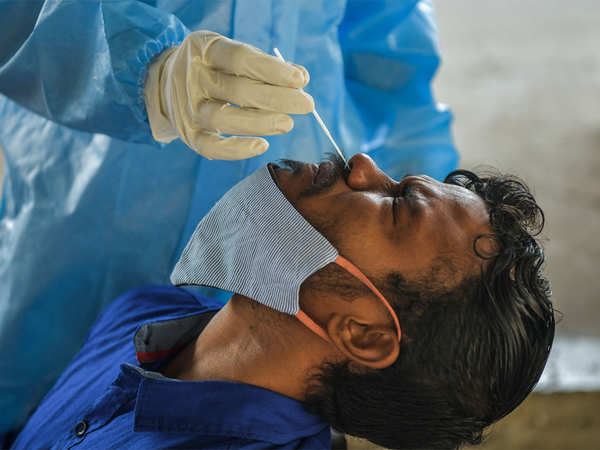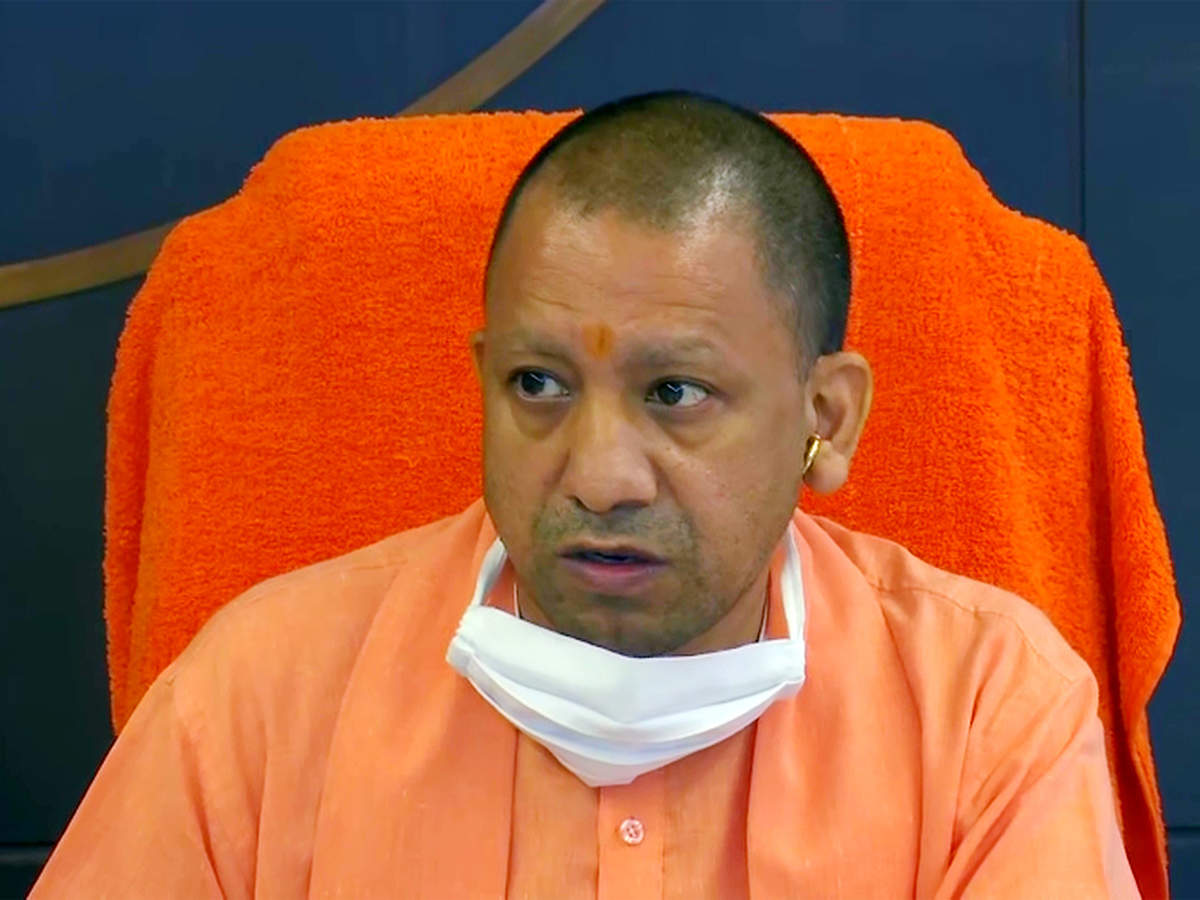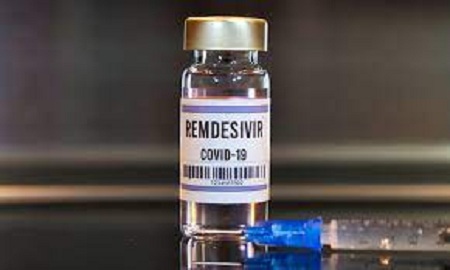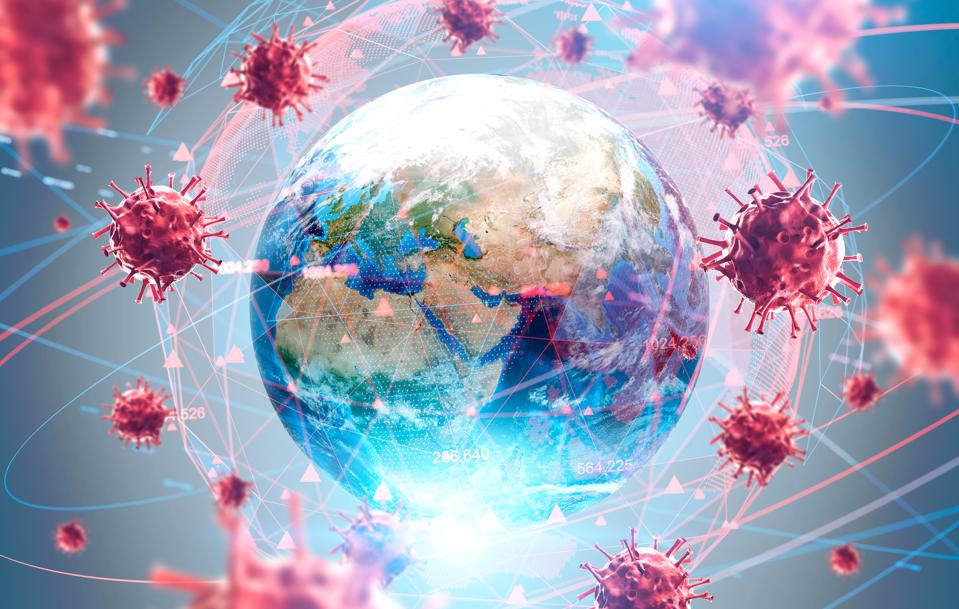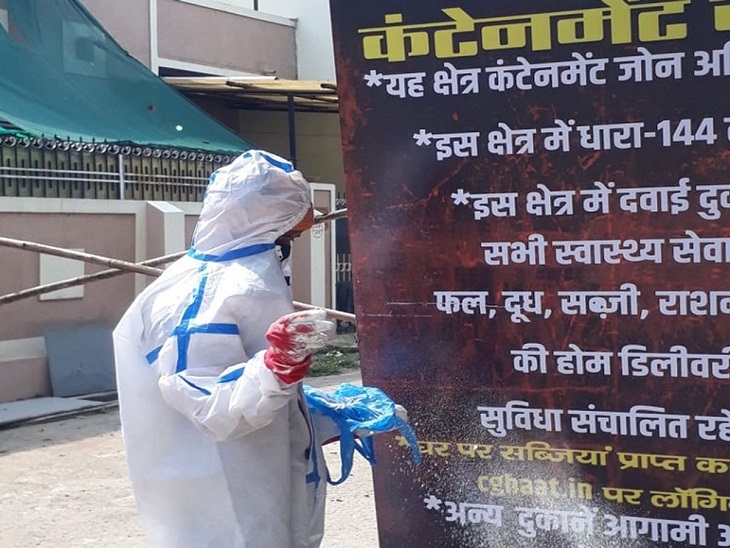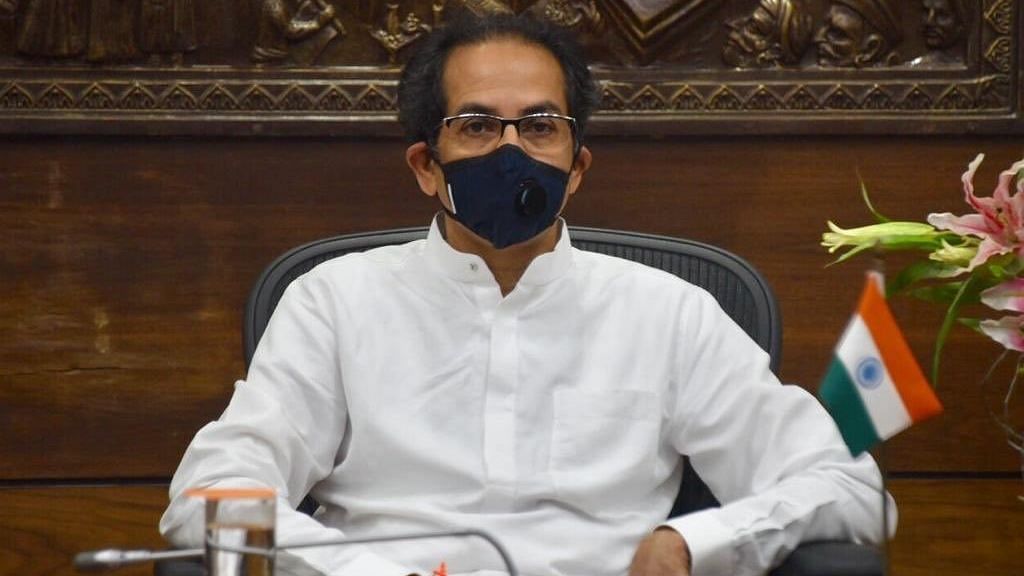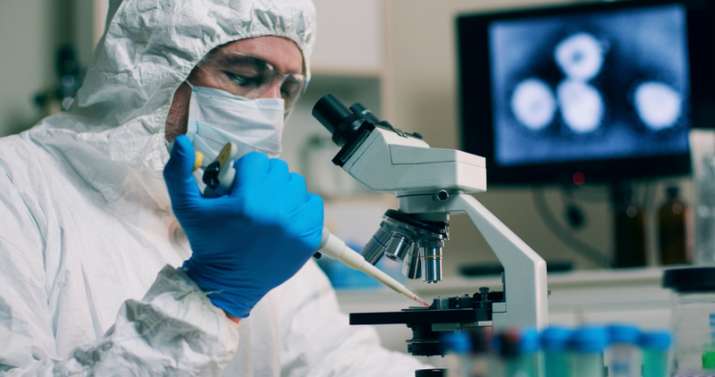Over the past weeks, the inferno of the Covid19 has hammered Indian population through the carelessness of large number of people & the indifference of the parties conducting election rallies.
The second wave of Covid19 in India is being thought to be fuelled by the double variant of the virus. Public health experts believe that this new and possibly more virulent variant could be ravaging through the country stretching the healthcare facilities.
Also See: New mutants of Coronavirus
Experts believe that the double mutation variant is causing the surge in cases across the country, where many people are dying in the long lines of ambulances waiting outside hospitals (like in Delhi), or in overcrowded hospitals, and where the authorities are scrambling as to how to dispose the rising number of dead bodies. The new surge has led to huge number of Covid19 caused causalities in Ahmedabad, Bharuch, Surat, and New Delhi and in various states like Maharashtra, Gujarat, UP, MP, Haryana, & Uttarakhand. In the second wave, India has surpassed Brazil again to become the second worst hit country in the world.
Also Read: Export of Remdesivir & its APIs banned when states are facing shortage of vaccines
The serious and insidious nature of the viruses and pathogens are highlighted through the second wave, which India has failed to contain. The unfounded euphoria in India in containing the virus, which is in a deadly second wave was echoed by policy makers, politicians, and the central bank, RBI, which spoke about bending the infection curve. After all the brouhaha about containing the virus, election rallies were organized in the states which went to polls from late March onwards. Two international cricket matches allowing 1,30,000 fans to gather mostly unmasked were organized in Gujarat, which is seeing piling up of bodies of Covid deads. And, then came the Kumbh mela, which saw further congregation of people with zero concerns about the pandemic. All of these have exacerbated problems with availability of hospital beds, oxygen and paucity of vaccines. The leaders of BJP painted themselves as saviours using the pretext of exporting vaccines, when within the country itself, vaccine-supply deficiency has become the norm in many states.
Also Read: Issues faced by India in dealing with Covid 19 resurge- Is it too late to contain the Second Wave
The new mutant, known as the B.1.617 was detected in India with two mutations which are E484Q & L452R. Main issue of concern in the fallout of the second wave is that the ignorance of the central government about the capability of the virus to evolve allowing it to rampage through the population of mostly unconcerned citizens falling prey to the propaganda of the BJP-led government, which is trying to brush the pandemic under the carpets during election season.
The result is clearly in front of all, where new graveyards are being dug out in places like Delhi, pyres are burning on the roads of places in Gujarat and UP (for eg: Lucknow), bodies are being dumped in rivers (like in Bharuch), bodies being taken in garbage vans for unceremonial cremations, relatives wailing over dead-bodies of Covid victims inside ambulances waiting outside hospitals or on the floors of overcrowded hospitals.


